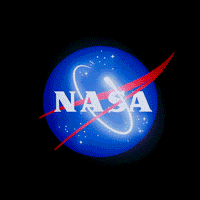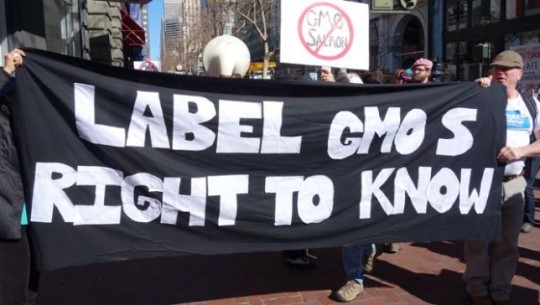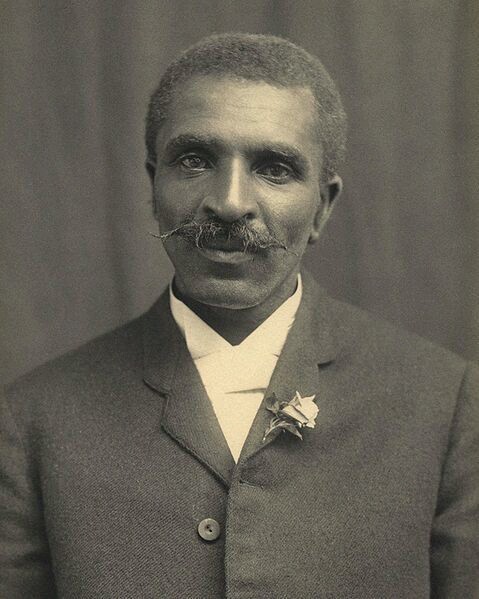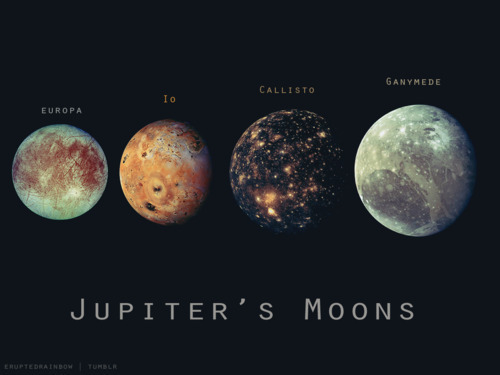Text
Signs you are an astronomer
1. When asked what your favorite past time is, you respond with, “Stargazing”.
2. You spend more time looking at the sky than you do eating/sleeping
3. You know all the stories behind each constellation
4. You know the Latin name for “Big Dipper” and what it means in English.
5. You spend an excessive amount of time on Skyandtelescope.com for the weekly “Sky at a Glance”
6. You own a telescope
7. You made a telescope
8. Your room is decorated with planets, stars, moons, etc.
9. Your bed spread is astronomy themed
10. You follow Scistronomy (this doesn’t mean you’re an astronomer, it just means you’re awesome).
11. You have NASA’S app downloaded on your phone
12. You follow NASA on Twitter
13. You follow SpaceX on Twitter
14. You understand black holes
15. You even understand the space time continuum
16. You can explain what a binary star system is.
17. You know what the name of the nearest black hole is
18. You introduce yourself as, “Hi, I’m -Insert Name-, and I’m an astronomer.
2 notes
·
View notes
Photo

Follow Your Heart
Ancient Egyptians believed the heart, rather than the brain, was the source of human wisdom, intelligence and soul. It’s not, of course, but it remains a marvel nonetheless – and obviously essential to the live pursuit of anything else.
The image above depicts the vascular architecture of the heart – an elaborate latticework of arteries and veins that sustains the organ even as the organ sustains the rest of your body.
As you ponder the picture, let’s get to the heart of the matter:
The human heart is roughly the size of a large fist and weighs between 10-12 ounces in men, 8-10 ounces in women.
An adult heart beats 60 to 80 times per minute; newborns’ beat faster: 70 to 190 beats per minute. A woman’s heart typically beats faster than a man’s. Over the course of a day, an adult heart beats roughly 100,000 times or 3 billion beats over an average lifetime.
The heart pumps roughly six quarts of blood throughout approximately 60,000 miles of branching vessels throughout the body. Blood travels at about 0.7 miles per hour. It takes 60 seconds for a drop of blood to circulate through the body. A kitchen faucet would need to run continuously, fully open, for at least 45 years to equal the amount of blood pumped by the heart over the course of the average person’s lifetime.
Heart disease kills roughly 611,000 Americans each year. You’re more likely to have a heart attack on Monday morning than any other time of the week.
575 notes
·
View notes
Note
What's the big deal about science, anyway? Philosophy and history are much more worthy paths of life. Just sayin'...
What’s the big deal about science? Well apart from the fact that it transcends the earth that we walk on and extends deep into the dark ocean and high above in the boundless sky, science has helped keep you alive. Without science, (and in this case Gregor Mendel) we would have a difficult time predicting the probability of certain traits and diseases, which is quite useful in the medical world. Without science, (and in this case Ivan Pavlov), we would not know much of classical conditioning. Without science, we wouldn’t know about the Rh factor (which is crucial in determining whose blood a person can receive), we wouldn’t know about DNA and mutations (if you don’t know what mutations are, how can you go about preventing them?), we wouldn’t know the intricate, beautiful details that encompass the glorious phenomena of childbirth (that, needless to say, is very important), we wouldn’t know how our brains work (granted, we still don’t know much about that, but we’re getting there!), we wouldn’t know about weather patterns and how to predict them (hurricanes? tornadoes?). And these are just the practical uses of science. Some of the many reasons. And then, there are the other reasons. The emotional reasons. Such as curiosity, drive, and passion. The longing to reach the stars, to grasp the thin atmosphere on the moon, to feel the stillness and the utter loneliness of space. This, my friend, is why we ran after science with such strong tendencies.
Granted, philosophy and history are very worthy paths of life, and when we savor the sweet medley of philosophy, history, religion, cultural studies, and science, we understand more about the wonderful, mysterious world we live in.
Until next time my anonymous friend,
Scistronomy
5 notes
·
View notes
Text
Easy, quick ways to learn astronomy
1. Follow us 2. Follow Scistronomy 3. Follow this awesome blog
0 notes
Photo

Wailing mother holds 3 month old daughter who was beaten to death by her own father for being born female x India.
194 notes
·
View notes
Photo

Follow Your Heart
Ancient Egyptians believed the heart, rather than the brain, was the source of human wisdom, intelligence and soul. It’s not, of course, but it remains a marvel nonetheless – and obviously essential to the live pursuit of anything else.
The image above depicts the vascular architecture of the heart – an elaborate latticework of arteries and veins that sustains the organ even as the organ sustains the rest of your body.
As you ponder the picture, let’s get to the heart of the matter:
The human heart is roughly the size of a large fist and weighs between 10-12 ounces in men, 8-10 ounces in women.
An adult heart beats 60 to 80 times per minute; newborns’ beat faster: 70 to 190 beats per minute. A woman’s heart typically beats faster than a man’s. Over the course of a day, an adult heart beats roughly 100,000 times or 3 billion beats over an average lifetime.
The heart pumps roughly six quarts of blood throughout approximately 60,000 miles of branching vessels throughout the body. Blood travels at about 0.7 miles per hour. It takes 60 seconds for a drop of blood to circulate through the body. A kitchen faucet would need to run continuously, fully open, for at least 45 years to equal the amount of blood pumped by the heart over the course of the average person’s lifetime.
Heart disease kills roughly 611,000 Americans each year. You’re more likely to have a heart attack on Monday morning than any other time of the week.
575 notes
·
View notes
Text
Did you know?
Stars can rotate!
1 note
·
View note
Link
Your go-to website for everything citizen science related. You can even start your own mission! Perfect for any aspiring scientist looking for somewhere to start. Check it out!
0 notes
Photo

Pretty sure this would equate as THE COOLEST WEDDING ON EARTH. Just sayin'.
1 note
·
View note
Photo

Pretty sure this would equate as THE COOLEST WEDDING ON EARTH. Just sayin'.
2 notes
·
View notes
Photo
Reblogging because he looks like Rhett from GMM

227 notes
·
View notes
Text
Congratulations!
I am a NASA intern!
I thought you guys might be interested to know that I just officially accepted my offer from NASA today! I’ll be moving to the Johnson Space Center this summer in Houston Texas to help with the development of future flight decks and navigation systems. I can’t express how happy I am, It’s basically a dream come true!

2K notes
·
View notes
Photo

Senator Boxer introduces Genetically Engineered Food Right-to-Know Act, again
Two years after introducing a bill that championed the public’s right to know what is in their food, the senator and her colleagues introduce a second bill with the same goal in mind.
160 notes
·
View notes
Photo

George Washington Carver
0 notes


